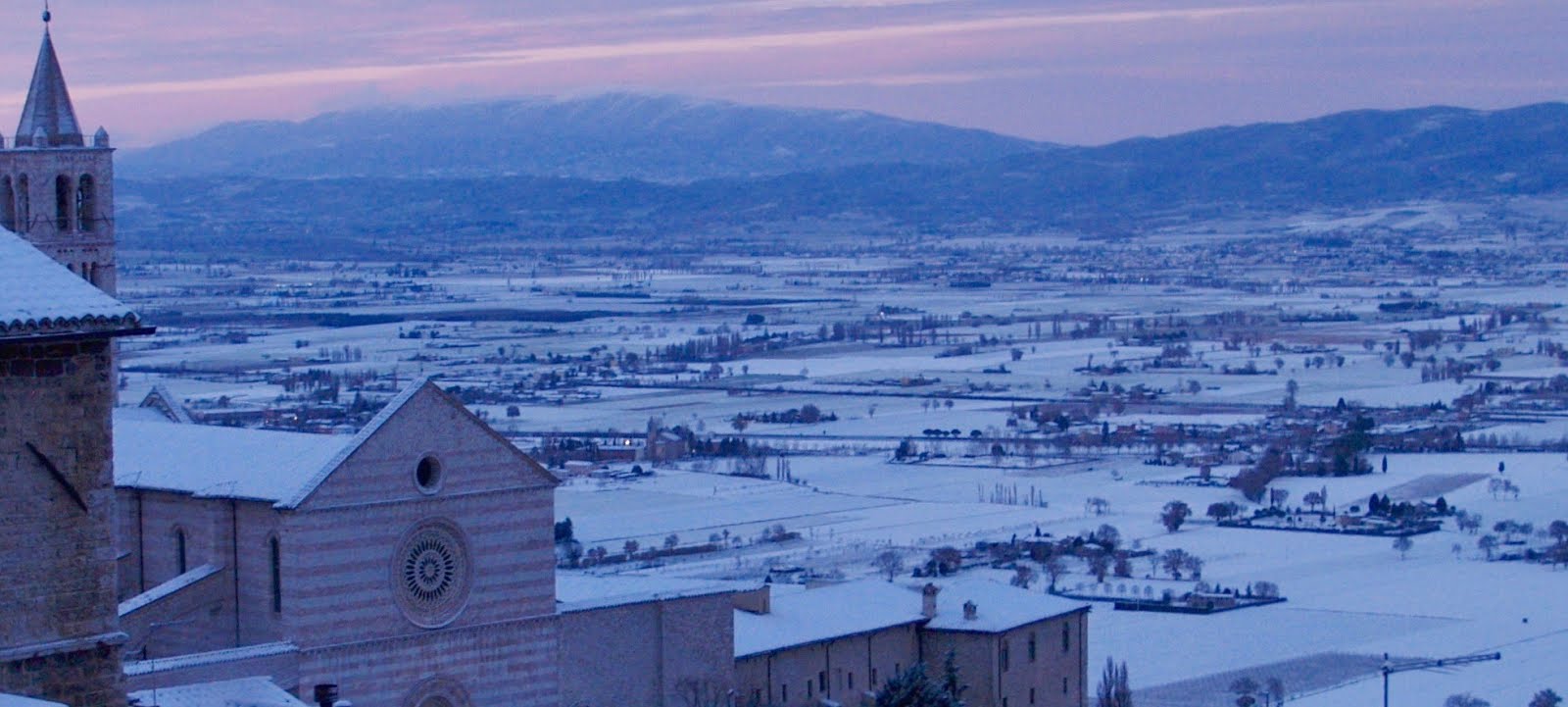How hungry we are! How way down deep inside the hunger gnaws at us! We call it emptiness, loneliness, isolation or pain. We call it fear, depression, confusion or loss. We call it seeking, grasping, despair or need.
But whatever the name, it is the same. A deep gaping pain, like a black hole of fear that threatens to eat us alive. And especially on some days, we are tempted to quiet the beast with all kinds of perverse delights, passing pleasures to calm the soul and quiet the ache.
Sometimes we choose power as our balm while at other times we embrace money or chemicals or sex. Sometimes we bask in satisfactions of reputation or prestige while at others we build castles of self-indulgence and self-congratulation.
The snake oil salesmen of sin offers many a remedy for the pains of life, though each, at the end of the day, but deepens the hurt, extends the alienation, and leaves us alone and hurting and desperately sad.
So, I join my voice to Holy Wisdom in asking: “Why spend your money…. for what fails to satisfy?” For only one satisfies, One who is a he and not a thing, One through whom all was made. One who died and rose, destroying death. One who waits for you here on this altar. One who waits with the life-giving drink that quenches every thirst and the bread that takes away all hunger. He waits for you.
And you who have grown old and bent, who are tired of fearing pain and dreading death, who long for relief and are desperate for hope. He waits for you! He took your pain upon his shoulders with arms nailed to a cross, a pierced heart and a crown of thorns. He longs to gather your pain to his and to transform it by his Passion, to redeem your sufferings in the Paschal sacrifice of this Altar. For the bread of life is a healing remedy unto eternal life and the cup of salvation the Blood of the Lord which makes us ever young in him. He waits for you!
You who have tried it all…experimentum ad absurdum. You whose trail of sin and self-exploitation looks back on broken relationships, broken promises, and bleeding hearts… He waits for you, with his bleeding Sacred Heart. He waits to bleed for you, to die for you, and through offering you a chalice of himself to make you like himself: a Victim for the world who loves the least as he first loved us. He waits for you.
And you who left the practice of the faith out of boredom or resentment or offense, you who sometimes turn the channel to the Mass out of a curious nostalgia, seeking a combination of infomercial and local news: He waits for you! He knows your name, and he calls to you from this altar to receive from the hands of the apostles and their helpers the bread which he has broken, which is the Body of the Lord, offered to give you strength for the journey. He calls you to this altar to come without money and be filled. He waits for you.
And You whose sin has kept you away…he calls you too…To lay upon this altar with those gifts of bread and wine the futility of your best efforts, the brokenness of your fears, and the stupidity of your narcissism. He is waiting here for you…he whose body was broken like the hosts he longs to place in your hands….that by his brokenness you might be healed.
He waits for you, this Jesus, this Christ, this good shepherd, this way, this truth, this life waits for you no matter your pain, no matter your fear, no matter your sin or excuses. He waits for you.
All you who are heavily burdened, he waits for you, and looks upon you with pity, as upon sheep without a shepherd, and he says to me and to my brother priests: Do not send them away, but gather them to me around this altar and give to them the bread that I break and they will be filled.
So come home for supper….come home to God…come home eat well the bread of angels. For the real miracle of the multiplication of the loaves was not that Jesus once fed so many men upon a hill in Galilee. The real miracle is that he feeds me and you today and that he calls everyone who hears to my voice to Holy Communion with him that he might live in you and you in him.
That we might know the peace which his world cannot give: He waits for you.








